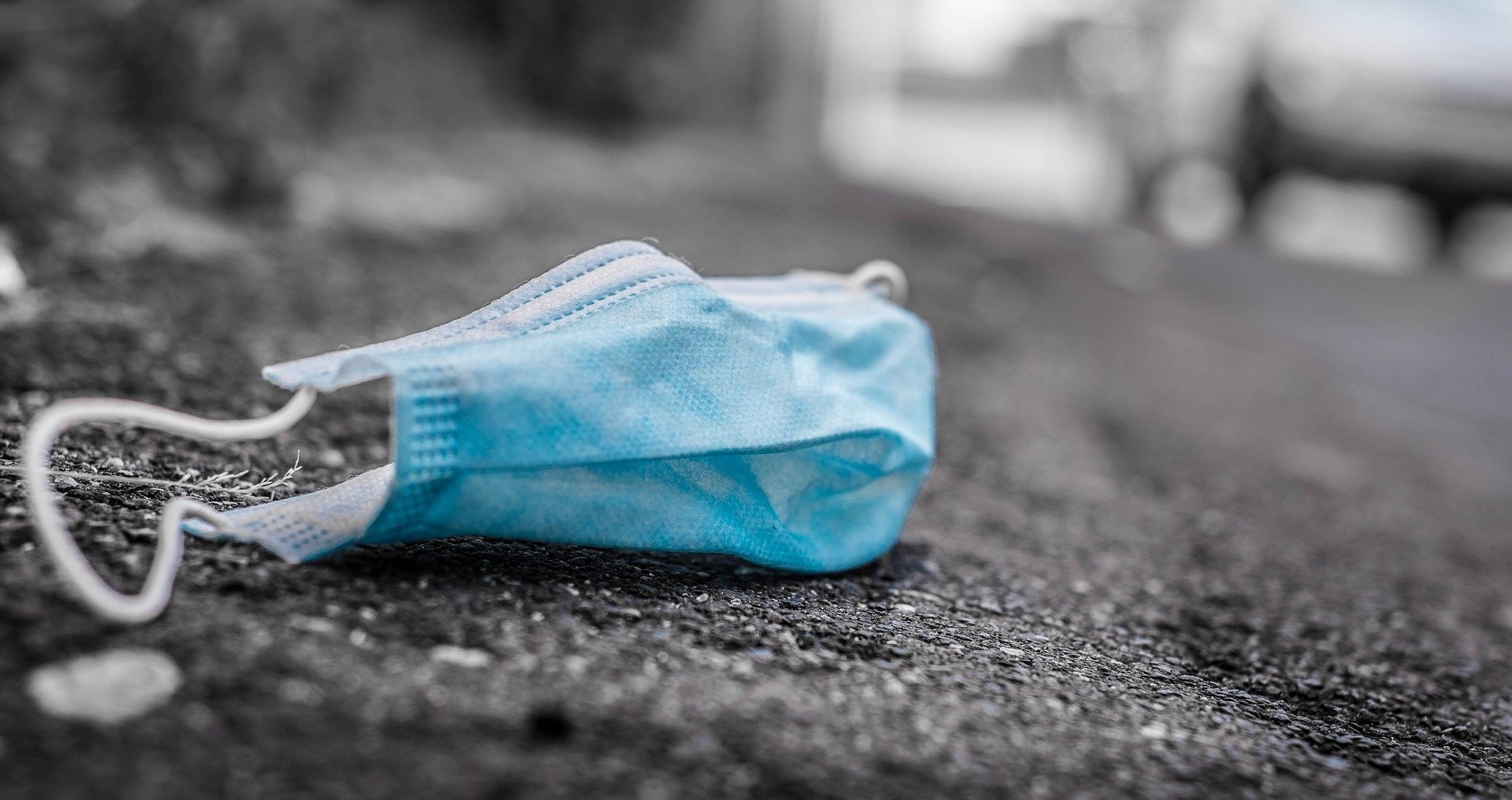Covid-19 has impacted far more than the healthcare system… it’s launched a direct attack on the ecosystem.
The war on plastic has been crippled. Around the world, pledges to address the plastic crisis have been abruptly postponed or revoked as a result of the Coronavirus (Covid-19) pandemic. If 2019 was the year of “climate consciousness” thanks to the likes of Greta Thunberg, the declaration of a climate emergency by the European Parliament, and the Extinction Rebellion movement; 2020 has been quite the opposite – at least for plastic anyway.
According to the United Nations, global lockdowns have led to a sharp 5% drop in greenhouse gas emissions. Sounds positive right? Unfortunately, recent studies have suggested that this decrease will have an insignificant impact on the climate crisis unless we move to a zero-carbon economy. The positive environmental Covid side-effects may have given us a glimpse of a greener future, but the idea that nature has been recovering whilst our “normal” has ground to a halt is far from the truth.

Following the outbreak, California Governor Gavin Newsom ordered the suspension of the state’s ban on single-use bags. Some health departments even went as far as stopping customers from bringing their own reusable bags, claiming that supermarket employees would be at a greater risk of contracting Covid-19. The state has since reinstated the ban, but the damage may have already been done. Before the statewide ban was imposed in 2016, California’s population of approximately 40 million people used some 500 million bags per month – that’s an average of nearly 13 bags per person per month. In the age of coronavirus stockpiling, the amount of plastic waste this must have created in a short amount of time is difficult to comprehend.
South Australia was praised for being the first state to introduce laws on banning several types of single use plastics, but the ban will not be enforced until 2021 as a result of Covid-19. Similarly, in the UK, the single use plastic ban has only recently come into effect after being postponed from April of this year.
Meanwhile in the medical industry, the need for single-use personal protective equipment (PPE) has never been greater. As of June, two billion PPE items had been distributed to frontline workers. According to the Department of Health and Social Care, this included 1.1 billion gloves, 341 million masks, 313 million aprons, and 4 million gowns, all of which are single use. To continue protecting our health and care workers, the government has secured a further 28 billion items to fuel the predicted demand.
PPE works to protect those on the frontline, and we obviously cannot deny protection for those who willingly put themselves in danger to save lives and keep the country running. Yet all this plastic, be it PPE for medical staff and postal workers, or cups and individually wrapped cutlery, must end up somewhere.
Scientists calculated that 275 million tonnes of plastic waste were produced by 192 countries during 2010, that’s the same as 250,000 Eiffel towers. Shockingly, 4.8 to 12.7 million tonnes of that is thought to have ended up in the ocean. While some plastic is recycled or incinerated, the majority ends up in landfill, where it can take up to 500 years to decompose, slowly polluting surrounding water and soil. Plastic packaging is usually lightweight and this means that it is likely to blow away from bins and landfill – just look near the bins in Woodhouse Moor on a sunny day. Wind and rainwater carry litter into rivers, streams and drains. Flushing products such as cotton buds, wet wipes and sanitary products is a blunder that is totally preventable by the consumer, yet people continue to dispose of these items incorrectly. To quote Finding Nemo, “all drains lead to the ocean”. Or most of them do, eventually. Next time you think of flushing a wet wipe down the toilet, stop yourself and put it in the bin.
All in all, this has disastrous consequences for marine life and the environment. For instance, species such as gulls, seals, and turtles are likely to ingest or become entangled in that plastic 6-pack holder you threw away, or other plastic rubbish.If that wasn’t enough, plastic pollution is also advancing climate change and recent research shows it could even have health implications for ourselves.
Although it is not yet known exactly how much plastic use has increased since the beginning of the pandemic, research suggests disposable face masks alone would create over 128,000 tonnes of non-recyclable waste if every person in the UK (approximately 66.7 million) used one each day for a year. Most single-use masks are made of plastic materials such as polypropylene, which can take decades to decompose and until recently, the government has given little to no guidance on how to dispose of them safely and responsibly.
A paper published in August from the University of Edinburgh’s Roslin Institute revealed that reusable cotton face masks stop 99.9% of contagious droplets from entering the air when someone speaks or coughs, while surgical masks prevent 100%. For the average person outside of a clinical setting, a single-use surgical mask provides little more protection than a homemade face covering, yet the environmental impact of donning a reusable covering as opposed to a disposable one could be far-reaching in our war against plastic pollution.
By Hollie Tuffnell
Header image: Roksana Helscher/Pixabay

